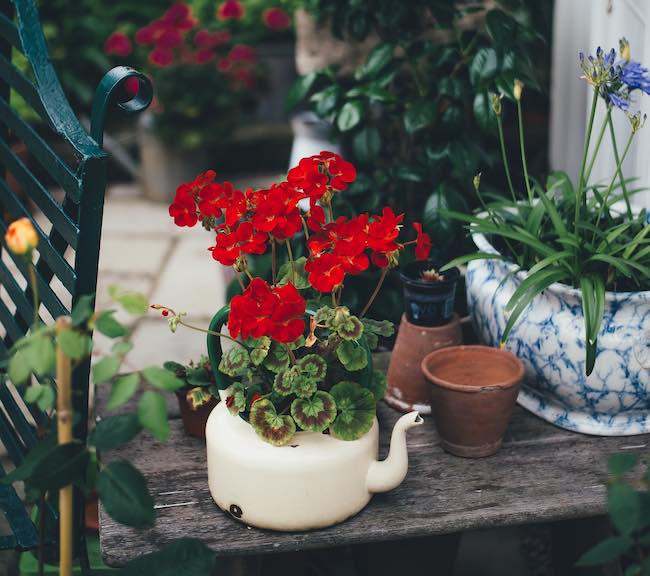
Container gardening has become increasingly popular in recent years due to its flexibility, ease of maintenance, and space-saving benefits. However, there are also some disadvantages to consider. Here are some advantages and disadvantages of container gardening:
Advantages:
- Flexibility: One of the main advantages of container gardening is that it offers great flexibility. You can move your containers around as needed, which makes it easy to rearrange your garden if you need to. This is particularly useful if you have limited space or if you live in an apartment.
- Easy maintenance: Container gardening is generally easier to maintain than a traditional garden. Containers are easier to water, and you can easily control the soil quality and nutrients your plants receive. Container gardening can also be less prone to pests and diseases, as you can easily isolate infected plants.
- Accessible: Container gardening is accessible to everyone, regardless of their age, ability, or location. Container gardening can be done indoors or outdoors, and you don’t need a lot of space to get started. This makes it an excellent option for people who are new to gardening or who don’t have a lot of experience.
- Aesthetically pleasing: Container gardening can be very visually appealing, as you can choose containers in a variety of colors, shapes, and sizes. You can also create beautiful arrangements by combining different plants in the same container.
Disadvantages:
- Limited space: The size of your container will limit the size of the plants you can grow. This means that if you want to grow large plants or vegetables, you may need to use multiple containers, which can be more expensive and require more maintenance.
- Watering: Plants in containers require regular watering, and it can be challenging to keep the soil moist. This is particularly true in hot and dry climates. You may need to water your plants more frequently than you would in a traditional garden.
- Soil quality: The quality of the soil in your containers is essential for the health of your plants. You will need to ensure that the soil has the right nutrients and drainage to support healthy growth. This may require additional work and investment.
- Cost: Container gardening can be more expensive than traditional gardening, as you will need to purchase containers, soil, and plants. The cost can add up quickly if you want to create an elaborate container garden.
Overall, container gardening can be a great option for those who want to garden but have limited space or resources. However, it is important to weigh the advantages and disadvantages before getting started to ensure that it is the right choice for you.




















